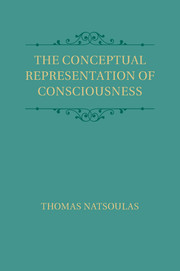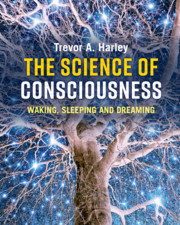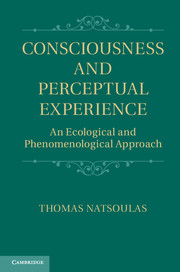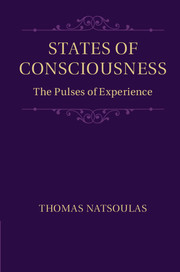The Conceptual Representation of Consciousness
Consciousness is familiar to us first hand, yet difficult to understand. This book concerns six basic concepts of consciousness exercised in ordinary English. The first is the interpersonal meaning and requires at least two people involved in relation to one another. The second is a personal meaning, having to do with one's own perspective on the kind of person one is and the life one is leading. The third meaning has reference simply to one being occurrently aware of something or as though of something. The fourth narrows the preceding sense to one having direct occurrent awareness of happenings in one's own experiential stream. The fifth is the unitive meaning of consciousness and has reference to those portions of one's stream that one self-appropriates to make up one's conscious being. The last is the general-state meaning and picks out the general operating mode in which we most often function.
- Explores how six ordinary English concepts of consciousness have been exercised or are currently being exercised
- Compares these six concepts with related technical or scientific concepts
- Critically considers how the several concepts of consciousness are treated in the most authoritative dictionary
Product details
September 2015Hardback
9781107022270
476 pages
237 × 160 × 34 mm
0.84kg
Available
Table of Contents
- Introduction
- 1. The concept of consciousness: the interpersonal meaning
- 2. The concept of consciousness: the personal meaning
- 3. The concept of consciousness: the awareness meaning
- 4. The concept of consciousness: the inner-awareness meaning
- 5. The concept of consciousness: the unitive meaning
- 6. The concept of consciousness: the general-state meaning.





